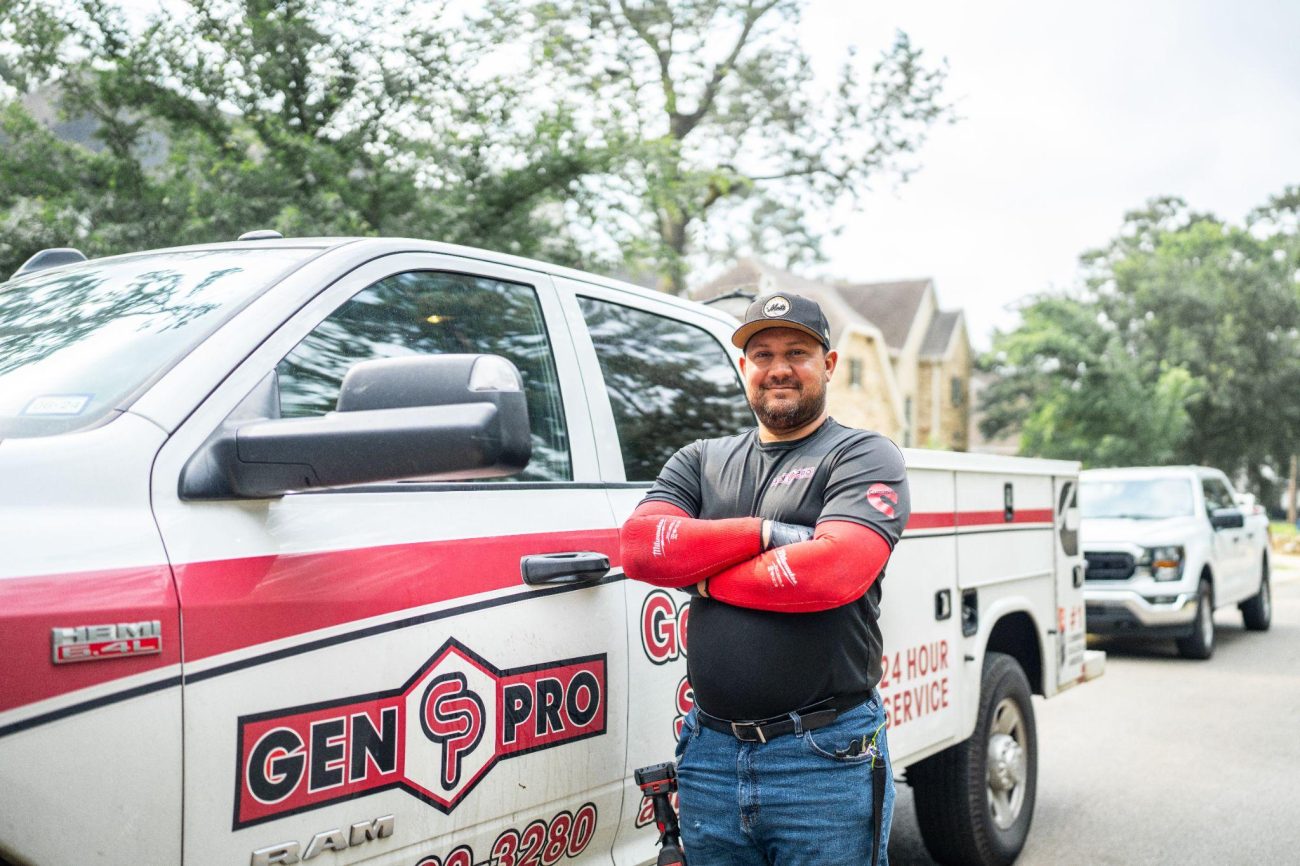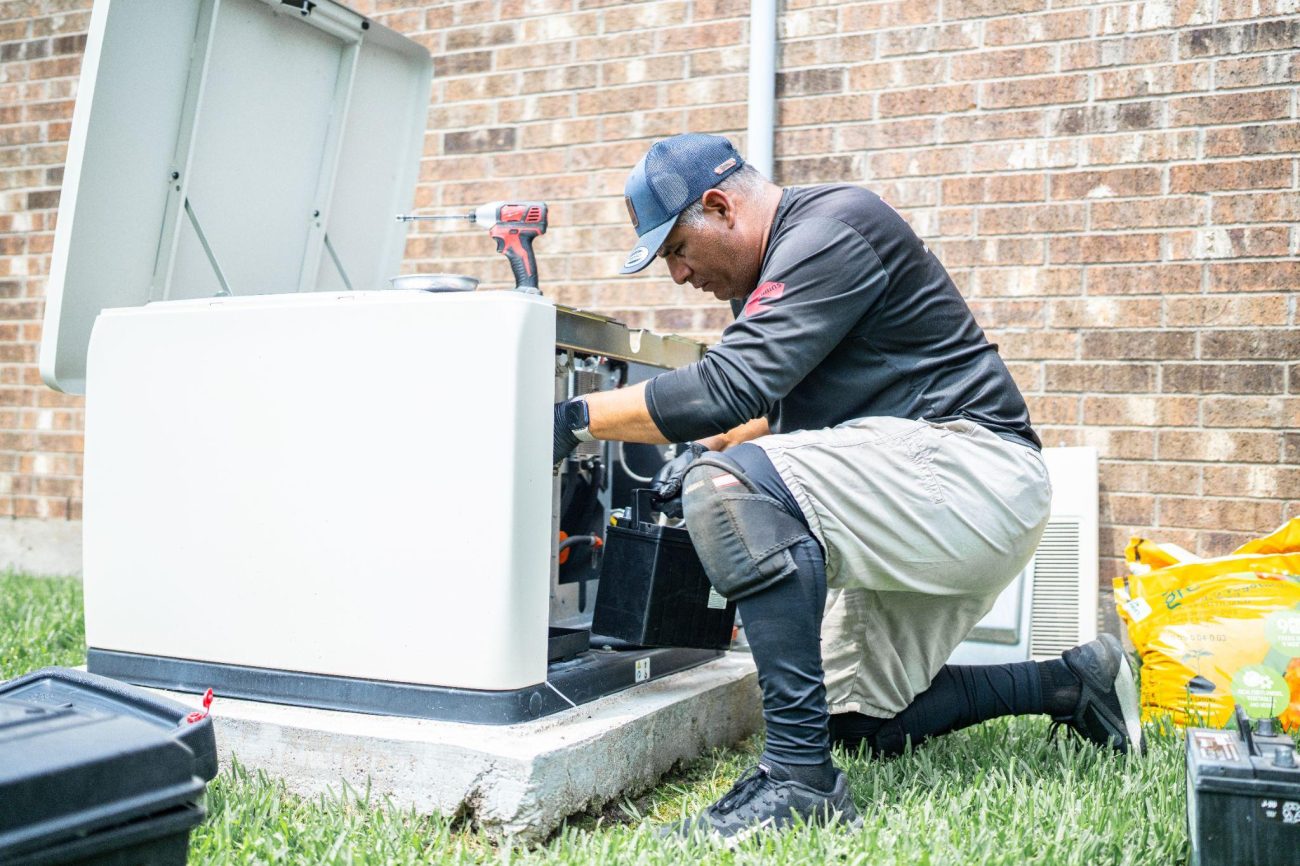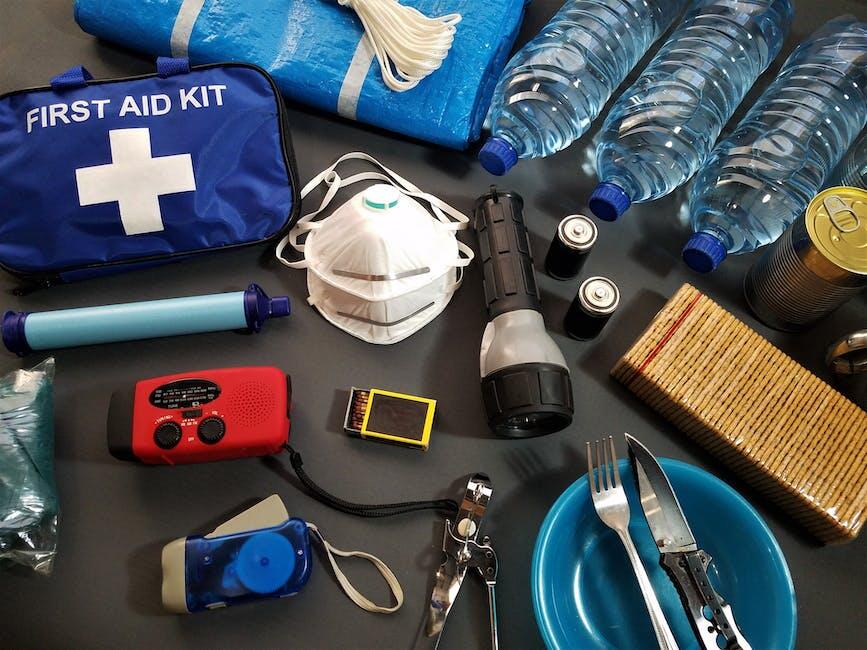Thinking of installing a Generator yourself? Here’s what you’re up against
National power consumption is projected to reach record highs in 2024 and 2025 according to the U.S. Energy Information Administration. That means more homeowners than ever are thinking about backup power. Installing a home standby generator can be a game-changer during outages – but should you tackle it yourself?
We get it. You’re handy, resourceful, and not afraid to roll up your sleeves. But installing a home standby generator? That’s not your average DIY project.
In fact, it’s one of the most high-risk, regulation-heavy home upgrades you can take on — and one misstep could cost you more than just a headache. Here’s what you’re up against:
- What you are really dealing with
Installing a generator is not a simple plug‑and‑play task—it’s a complex process that goes far beyond mounting a unit and flipping a switch. It requires working inside your main electrical panel, which may have outdated or mislabeled circuits, managing live wires and intricate grounding systems, and handling the risk of arc flashes or fire hazards. You’ll also need to bury gas and electrical lines with the proper permits, comply with strict fuel line regulations (many areas prohibit DIY gas work), and accurately integrate electrical and mechanical systems into your home. If you’re not confident in wiring a panel, handling fuel lines, or interpreting technical diagrams, stop here. A single misstep can be dangerous—potentially leading to electrical fires, serious injury, or worse. Instead, consult with one of our certified professionals, who will handle the entire process safely and guide you through every step, minus the stress.
- Safety: The Stakes Are High
Generator installation isn’t just about convenience—it’s about protecting your family. According to the U.S. Consumer Product Safety Commission (CPSC), improper installation can cause carbon monoxide poisoning, fires, electrical shocks, and even explosions. It can also void your warranty, lead to denied insurance claims, and result in costly fines for local code violations.
If you’re using a portable generator, always place it outdoors on a dry, flat surface, far away from windows and doors to prevent dangerous fume buildup. Use only outdoor‑rated extension cords that match your generator’s load, install carbon monoxide detectors in your home, and double‑check all fuel lines and connectors. These aren’t just suggestions—they are lifesaving measures.
For standby generator installations, the risks and complexity are even greater. You’ll be working with live electrical panels, fuel lines, and grounding systems—tasks that require professional training and certification. One mistake could put lives at risk. That’s why installation should always be handled by a qualified professional who can ensure your system is safe, compliant, and ready to protect your home when you need it most.
- 3. Permit Pitfalls, Drawings and Hidden Costs of DIY
Installing a generator isn’t as simple as setting it in place—you’ll need permits for electrical, plumbing/gas, and possibly zoning work. Think you can skip permits? Think again. Most municipalities require them for electrical connections, gas or propane lines, and structural or zoning compliance. In many cases, you’ll also need engineer‑stamped plans, which means hiring a licensed professional ($80–$200/hr) before you can even begin. On top of that, you’ll need your house plans, generator specifications, trench maps for wire routing, and a thorough understanding of both national and local building codes.
Every generator also comes with a detailed installation manual — and for good reason. Miss a step, skip a connection, or fail to meet specifications, and you could damage the unit, compromise safety, or shorten its lifespan. Professionals know these requirements inside and out, following every detail to ensure safe, compliant installation. Most manufacturers even require professional installation to keep your warranty valid. Trying to save a few bucks upfront can cost you far more later, leading to voided warranties, property damage, expensive repairs, fines for code violations, forced removal of the unit, and even problems with your homeowner’s insurance. And if something goes wrong, you’re entirely on your own — without coverage, support, or recourse.
Still thinking DIY? Ask Yourself:
– Can you interpret load calculations and transfer switch specs?
– Do you own the tools needed to test gas pressure and voltage?
– Are you licensed to work with fuel lines in your county?
– Do you know how to protect against arc flash?
– Can you label and rewire an outdated panel safely?
Our Advice? Let the Pro’s Handle It
There’s no shame in calling in the experts. At GenPro our certified installers manage the entire process from start to finish — including permits and inspections, gas and electrical work, panel safety and load balancing, engineer coordination, and site planning. We’ve done this thousands of times, in every type of home, and we do it the right way — not the risky way.
Certified electricians and licensed contractors do far more than simply “hook up” a generator. They ensure a safe connection to your home’s power system, handle fuel and gas line installation, follow all national and local codes, and provide expert guidance on proper sizing and placement. Many also include workmanship warranties, giving you extra protection long after installation is complete.
Imagine the peace of mind knowing your generator is installed correctly, safely, and in compliance with all regulations — the first time.
Your Next Move
Sure, you can install a generator yourself. But when your safety, property, and power are on the line, it’s smart to trust the professionals. Technically, yes — you could do it. But should you? Probably not.
When the power goes out, you want to be absolutely certain your backup system is safe, legal, and ready to run. That kind of confidence only comes from professional‑grade installation. Our certified technicians handle everything — from permits and compliance to fuel line connections and system testing — so you can rest easy knowing your generator will perform when you need it most.
Ready to power your home safely and efficiently? We install and service all major generator brands. Call us today for a free quote and take the guesswork — and risk — out of going off‑grid.













